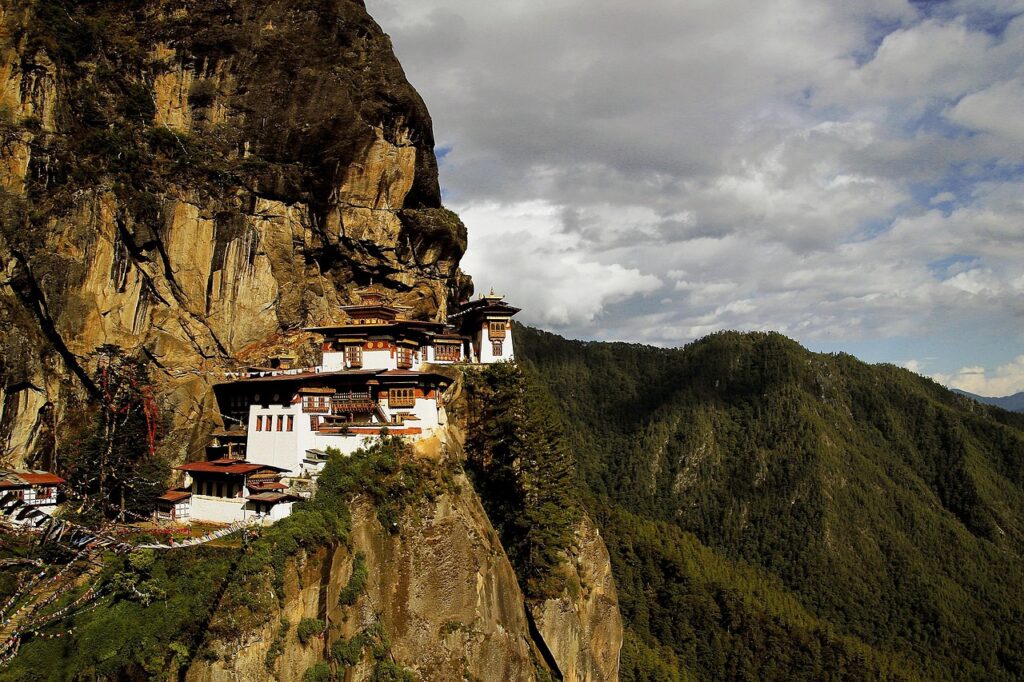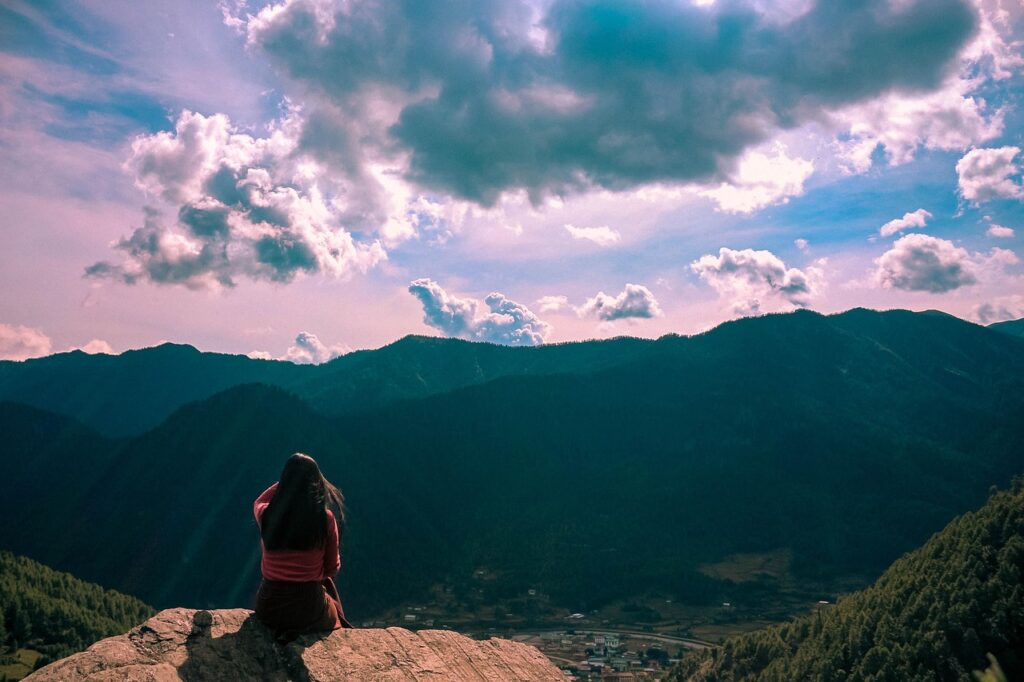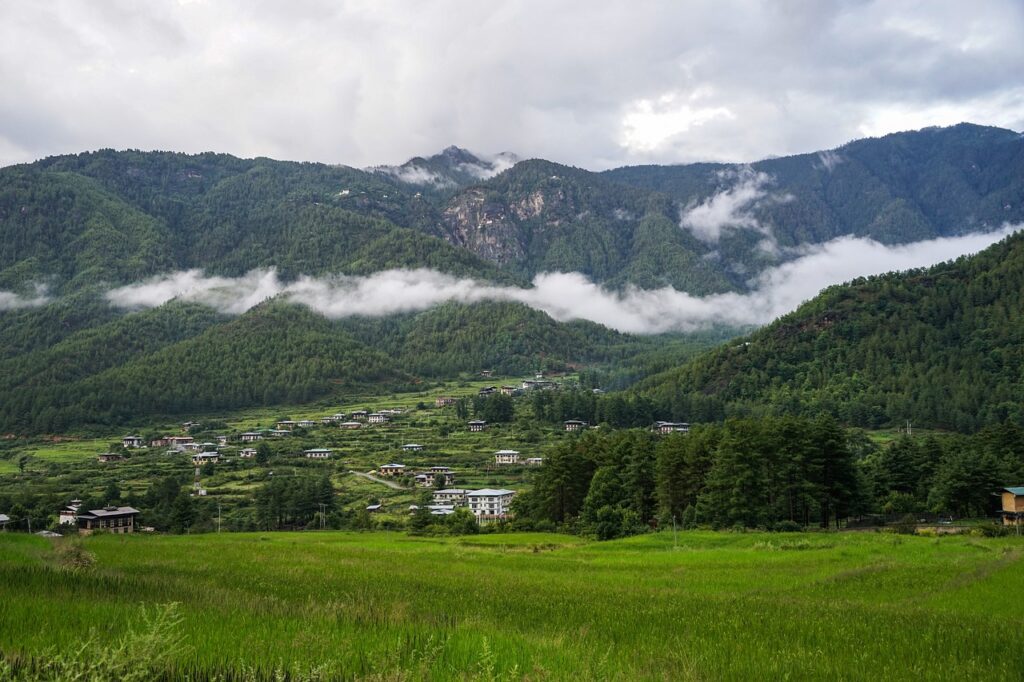They call it the Last Shangri-La, and after spending time in this mystical kingdom nestled in the Himalayas, I understand why. Bhutan didn’t just show me breathtaking landscapes—it offered profound lessons about what it truly means to live well. Here are ten life-changing insights I brought back from the Land of the Thunder Dragon.

1. The Bliss of Prioritizing Happiness Over Conformity
Bhutan measures Gross National Happiness instead of just GDP, and this isn’t mere policy—it’s a lived philosophy. I watched people make decisions based on what would bring genuine joy rather than what looked impressive to others. A farmer I met had turned down a lucrative city job because his happiness lay in working the land his grandfather had tended. There’s profound freedom in choosing your own definition of success, even when it doesn’t match society’s expectations.
2. The Benefit of Normalizing Taboo Topics
What struck me most was how openly Bhutanese people discuss topics we often whisper about—death, mental health, failure, family struggles. In monasteries, monks spoke candidly about impermanence and suffering not as depressing realities but as natural parts of existence. Even more surprising was discovering phallus symbols carved into buildings, painted on walls, and hanging from homes as protection against evil spirits. What would scandalize many cultures is simply accepted wisdom here—fertility and life force celebrated without shame or giggling. This openness creates a healthier relationship with life’s difficulties and natural aspects. I realized how much energy we waste pretending everything is perfect when honest conversations could actually lighten our burdens.
3. The Importance of a Strong Father Figure
The most profound example of paternal leadership I witnessed was the universal reverence for the King of Bhutan. Everyone I met spoke of their monarch not with fear or obligation, but with genuine love and respect—the way children speak of a beloved father. This wasn’t blind devotion but deep appreciation for a leader who genuinely cares for his people’s wellbeing. Beyond the royal example, Bhutanese families center around respected elder figures who provide guidance without being authoritarian. I observed fathers who were present not just physically but emotionally—teaching through example, offering wisdom through stories, and creating stability through consistent love. These children grew up with an unshakeable sense of security that radiated outward into their communities. It reminded me that strong leadership, whether in a kingdom or a household, creates confident and secure people.
4. The Magic of Living in the Present
Bhutanese life moves at the rhythm of seasons and daylight, not notifications and deadlines. I joined families for impromptu picnics where phones remained tucked away and conversations flowed naturally. Children played elaborate games with sticks and stones while adults shared stories under ancient trees. These moments taught me that presence is a choice—and when we choose it, ordinary moments transform into treasured memories.
5. The Blessing of Living Close to Nature
Every home I visited had gardens, every village was surrounded by forests, and every person had daily contact with the natural world. This wasn’t romantic—it was practical wisdom. Nature provided food, medicine, spiritual connection, and perspective on what truly matters. I watched stress melt away during morning walks through rhododendron forests and realized how much healing we sacrifice when we separate ourselves from the natural world.
6. The Value of Practicing Contentment Over Mindless Ambition
In Bhutan, I met people who had enough and knew it. Not because they lacked dreams, but because they understood the difference between healthy aspiration and endless craving. A shopkeeper told me, “When you’re always wanting more, you never have time to enjoy what’s already here.” This contentment wasn’t resignation—it was the foundation for genuine satisfaction and purposeful growth.
7. The Soothing Effect of Practicing Kindness Over Rituals
While Bhutan is deeply Buddhist, what impressed me wasn’t the elaborate ceremonies but the everyday kindness woven into daily life. Helping elderly neighbors, sharing meals with strangers, offering directions with genuine warmth—these simple acts created a culture of care that felt more spiritual than any formal worship. I learned that true religion isn’t about perfect rituals but about how we treat each other in ordinary moments.
8. The Importance of Belonging Through Uniformity
The traditional dress code in Bhutan initially seemed restrictive, but I came to understand its deeper purpose. When everyone wears the gho or kira, social barriers dissolve. Rich and poor, educated and simple, all participate equally in their cultural identity. This uniformity creates inclusion rather than exclusion—a shared visual reminder that everyone belongs to something larger than themselves.
9. The Bliss of Eating Local and Seasonal
Every meal in Bhutan was an education in seasonal eating. Spring brought fresh ferns and wild vegetables, while autumn offered hearty root vegetables and preserved foods. Nothing was rushed, nothing was forced. The food tasted more alive because it was connected to time and place. I realized how disconnected I’d become from natural rhythms and how much vitality we lose when we eat the same foods year-round, regardless of season or origin.
10. The Importance of Savoring Life
Perhaps the most profound lesson was watching how Bhutanese people savor experiences. Families would spontaneously pack simple meals and head to parks or spread blankets by the Paro River, spending entire afternoons in unhurried conversation and laughter. They’d share local wine, savoring each sip without worrying about tomorrow’s responsibilities or saving every penny for some distant future. Festivals weren’t rushed events but multi-day celebrations where every moment was appreciated. Even work was done with attention and care. They taught me that life isn’t meant to be consumed quickly but tasted slowly—that the present moment deserves our full attention, not our leftover energy after we’ve worried about everything else.

Bringing Bhutan Home
Returning to my regular life, I carry these lessons like prayer flags—visible reminders of different ways to be human. Bhutan showed me that happiness isn’t a destination but a practice, that community isn’t automatic but requires intentional cultivation, and that the good life isn’t about having more but about being more present with what we already have.
The kingdom may be small and remote, but its wisdom is vast and universal. In a world obsessed with speed and accumulation, Bhutan offers a different path—one where contentment, kindness, and connection create wealth that no economy can measure.
Have you ever traveled somewhere that changed how you see life? I’d love to hear about your transformative travel experiences in the comments below.

